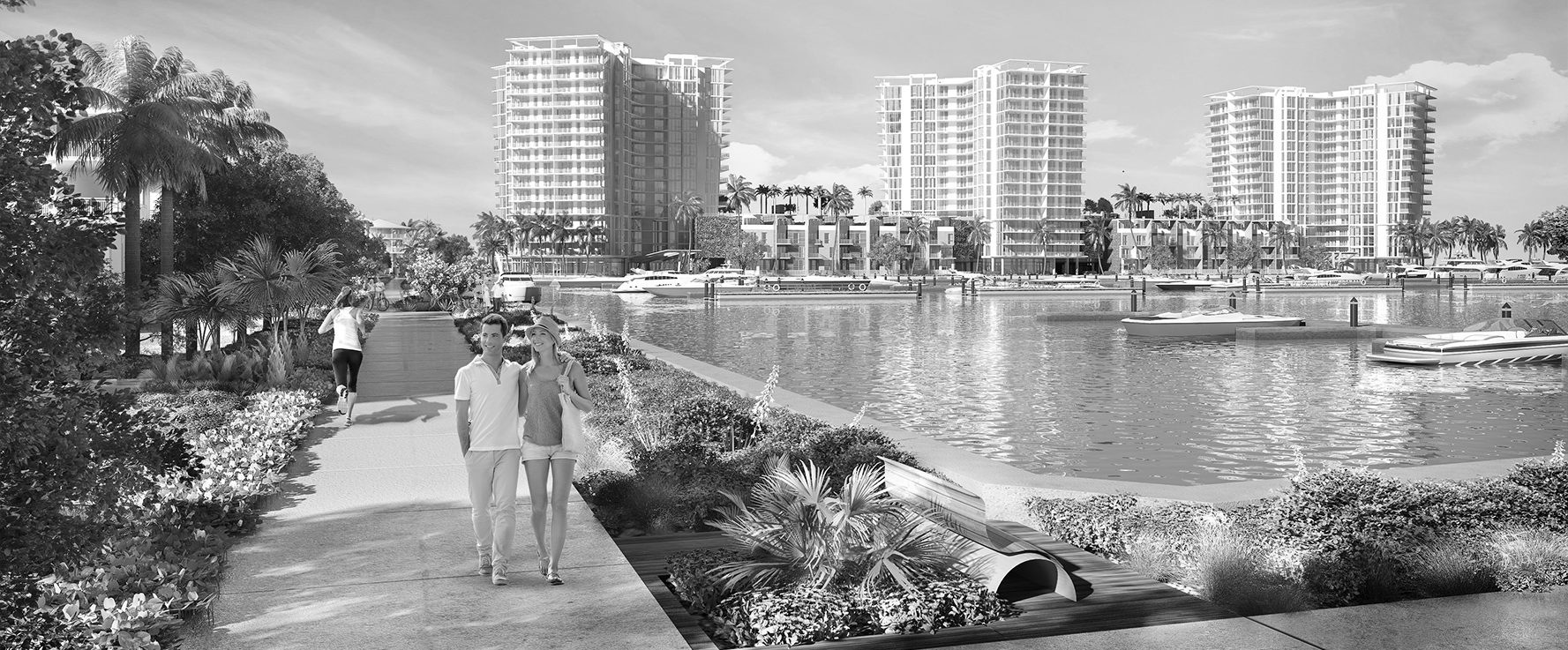Company Strikes Gold on Defaulted Real Estate Infrastructure Bonds
While other companies foundered in the face of the financial crisis, Fort Lauderdale’s BTI
Partners LLC managed to grow.
The real estate company developed a novel strategy to acquire distressed assets during
the downturn that led to over $1.5 billion in transactions.
Managing principal Noah Breakstone helped BTI gain title to thousands of acres of land
in the last six years, most of which is now being transformed into residential
communities. He did so by purchasing defaulted bonds tied to community development
districts, special taxing districts created by developers to fund infrastructure costs for
large, master-planned projects. There were over 400 districts formed in Florida from
2003 to 2008 with over $6 billion worth of bonds issued to finance their infrastructure,
according to a report by Miami Lakes advisory firm Income Securities Advisor. When the
housing market collapsed, a large chunk of the districts defaulted on their bonds and, in
most cases, the developers who backed them also fell into financial distress.
Breakstone spoke with the Daily Business Review about how he navigated the complex
CDD bond market to grow his firm. The interview was edited for length and clarity.
Tell us more about BTI Partners’ strategy when the real estate market collapsed.
During the downturn, housing starts declined 70 to 75 percent. We started looking at
acquiring debt for major subdivisions in major markets throughout Florida, primarily
South Florida, Naples, Sarasota, Tampa, Jacksonville and Orlando. We looked to
acquire debt on unfinished communities that had infrastructure in place.
We successfully bought over 10,000 acres slated for over 15,000 single-family units and
2 million square feet of proposed retail — a sizable number during the downturn.
We acquired a considerable amount of these projects in anticipation of the market
coming back. The question was not if but rather when?
The market came back a little sooner than we expected. When it did, we had finished
lots in all the major markets in Florida readily available for major homebuilders and
developers looking to launch new projects.
How did you identify this opportunity? Is this a common way to acquire distressed
real estate in a down cycle?
We found a very niche market. As a firm, we tend to be innovative in how we look at
things, and we’re not fearful of the complexity of the market.
As we dug deeper in looking to find distressed opportunities, we realized that very few
people understood how to locate CDD bonds and buy that defaulted bond debt. We
spent a considerable amount of time mastering that area.
Bonds don’t trade like conventional real estate trades. When you buy real estate or a
defaulted loan, you have a 45-day due diligence period and close 30 days later. With
bond debt, however, you have to do all your work upfront. When you call a bond broker,
they expect you to the buy the bond on that call — no due diligence period and no
closing period.
It’s like buying stock.
We were able to buy a lot of the CDD bond debt throughout Florida because we were
prepared to acquire the debt the day we made those calls. The key to the market was
being ready to buy when bondholders felt they wanted to get rid of the defaulted debt.
After acquiring the bond debt, what did you do?
When you buy bond debt, you don’t have title to the land. We had to complete the
foreclosure process and then get title to the land. At the same time we made sure to
preserve all the entitlements and permits that already existed on the property, a process
that took between 12 to 36 months.
Then we were major sellers to a lot of the major homebuilders and developers
throughout Florida.
Give an example of a property you acquired this way.
There’s a piece of property on 107th Avenue that was originally called the Landmark at
Doral. The 120-acre asset had about $72 million of infrastructure debt, but when the
market turned the developer defaulted on the bonds, as well as a bank loan tied to the
land. Long story short, the developer went out of business, and the bank was taken over
by the Federal Deposit Insurance Corp.
We acquired those bonds at a substantial discount in 2011 for about $30 million. We
cleaned up the property and its entitlements, completed the foreclosure process and
secured title to the land about 18 months later.
We later sold the parcel for over $90 million. Lennar Corp. purchased a piece and is now
building a contemporary townhome community, and Congress Group bought another
piece to build a luxury apartment complex.
What does BTI Partners have cooking now?
We outright sold about 75 percent of the land we had acquired, but in a number of deals
we’re acting as a master developer or joint venturing with others.
In Tampa, we sold a portion of the Westshore Marina District to WCI Communities and
Related, and we kept a portion where we plan to build three high-rise condominium
towers.
The Mediterranea Development District located five miles northwest of downtown West
Palm Beach was meant to be a 1,000-townhome project, and we have joint ventured
with 13th Floor Investments to develop 500-home community instead.
In Orlando, we are actively developing a condo-hotel of about 900 rooms, the Grove
Resort & Spa.
We’re entrepreneurial. We’re active investors and developers now. We’re looking for new
opportunities throughout the state of Florida.

